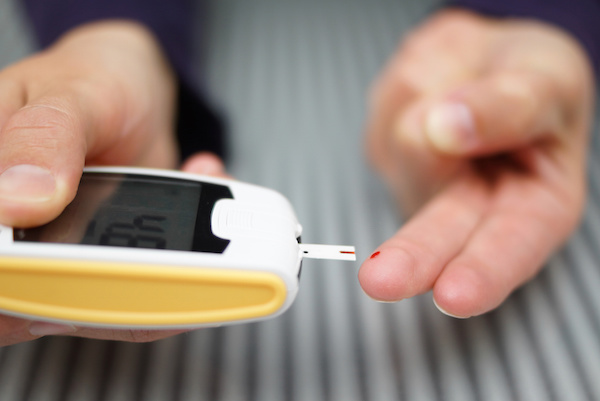
TUESDAY, Feb. 23 (HealthDay News) — Sepsis and pneumonia caused by hospital-acquired infections killed 48,000 people and led to $8.1 billion in increased health care costs in the United States in 2006, says a new study by a project called Extending the Cure.
The project examining antibiotic resistance is based at the Washington, D.C. think-tank Resources for the Future.
Researchers analyzed 69 million discharge records from hospitals in 40 states to assess the impact of preventable infections. They found that a patient who developed sepsis — a life-threatening immune response to infection — after surgery stayed in the hospital 11 days longer and cost an extra $33,000 to treat.
Nearly 20 percent of patients who developed sepsis after surgery died, said the study.
“That’s the tragedy of such cases,” study co-author Anup Malani, a professor at the University of Chicago and an investigator at Extending the Cure, said in a news release. “In some cases, relatively healthy people check into the hospital for routine surgery. They develop sepsis because of a lapse in infection control — and they can die.”
A patient who developed pneumonia after surgery stayed in the hospital an extra 14 days and cost an extra $46,000 to treat. About 11 percent of these patients died.
“In many cases, these conditions could have been avoided with better infection control in hospitals,” principal investigator Ramanan Laxminarayan said in a news release. “Infections that are acquired during the course of a hospital stay cost the United States a staggering amount in terms of lives lost and health care costs. Hospitals and other health care providers must act now to protect patients from this growing menace.”
The study was published Feb. 22 in the journal Annals of Internal Medicine.
More information
The U.S. Centers for Disease Control and Prevention has more about hospital-acquired infections.

